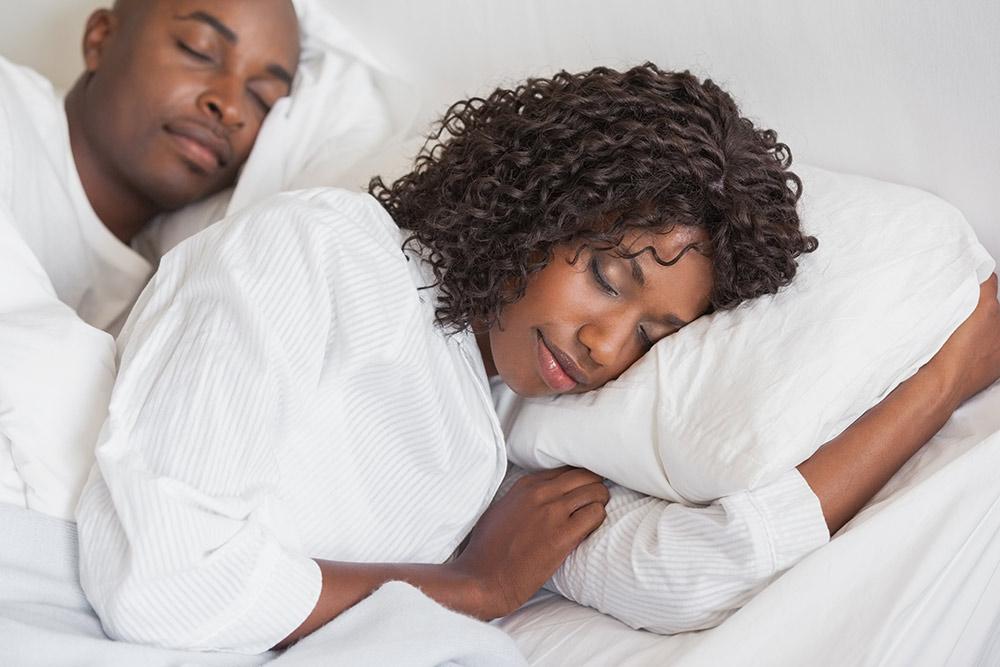Treating Insomnia...
This article by isense is about insomnia, why it happens, what the main aspects are that make up insomnia, how to treat it, and a few tips and tricks on how to sleep better.
Insomnia is when one is unable to fall asleep for an extended period of time. Insomnia can result in not being able to fall asleep, not being able to stay asleep, or waking up and staying up hours before your alarm is set to go off in the morning.
Insomnia is common in many adults at different times during their lives. When it becomes troublesome is when it lasts for weeks or months on end. There are many different factors that can play into why someone is experiencing insomnia.
Some of the reasons people experience insomnia include:
- Stress
- Depression
- Anxiety
- Medical conditions such as chronic pain, cancer, HIV/AIDS, mental illness, restless leg syndrome (RLS), or physical disabilities.
- Ongoing medications that may result in side effects like insomnia or drowsiness during daytime hours.
Stress is one of the leading causes of insomnia. In our busier than ever lives, it's easy to allow stress to affect our bodies and mind, and insomnia is one of the very common outcomes. This is why when someone experiences stress, it's important to recognize the negative effect stress has on our body in terms of sleeping. It’s helpful to learn techniques on how to cope with this type of stress, such as recognizing ways in which you can relax.
Depression also causes insomnia because depressed people need a lot more sleep than someone who isn't depressed. Often people with severe depression will get off their circadian rhythm by sleeping and napping throughout the day, leaving them wired and open-eyed at night.
This is why in stress and depression the first step to treating insomnia is recognizing the cause of your insomnia. Next you should control your stress level by taking a quiet moment in the day before any other task. Sit back, relax, don't think about anything except breathing. Doing this for only one minute can reduce heart rate, blood pressure and muscle tension. It is also a great idea to do some deep breathing exercises while lying in bed before sleep. This can help the body and mind relax and allow for some much needed sleep and rest.
Anxiety is another reason people experience insomnia. It is quite common for people with high levels of anxiety to feel their brain is always racing and they can't get their thoughts to shut down long enough to fall asleep. Often people with anxiety need a steady bed time routine which might include something like a warm bath, some relaxing music, meditation, reading, or anything else that can help get their brain to slow down. The WORST thing you can do is be on your phone or computer right before trying to fall asleep if anxiety is troublesome for you. Always turn off your phone and all electronics at least one hour before you would hope to be in bed sleeping. This too will help the brain slow down and not be in such an aroused active state right before sleep.
Medical conditions can lead to insomnia as well. It is easy for people with chronic pain, and severe illnesses to suffer from insomnia. Physical and mental pain can keep the body in fight or flight mode, not allowing the body to receive the proper rest that it requires. Often people with chronic pain and other medical conditions will need to make use of medical sleep aides to help get rest. You can always consult with your doctor to see if a sleep aid would be of benefit for you and your own personal situation. Please don't ever medicate without speaking with a professional and following proper dosing guidelines. This will allow you to know for sure that none of your medications will interact with each other and that you can get the full benefit of sleep aide treatment.
The last most common reason for insomnia is restless leg syndrome. Many people get pain in their legs at night that don't allow for them to stay still and relax long enough for the body to sleep. This is another scenario where it would be best to speak with your doctor about possible treatment plans to help against this condition.
Can't fall asleep insomnia:
This is the type of insomnia that causes people to toss and turn and stare at the clock for hours on end. Often the later it gets the worse the anxiety gets and the harder and harder it becomes to fall asleep stressing about the fact that they won't be getting enough sleep before they must be up for work or family duties. If this is you, you should consider removing all visible clocks in your bedroom or turning them against the wall so you can't see the time. This will help you not get anxious about the time going by. Also, if you can't fall asleep within the first 30 minutes of lying down it might be best to get up and go sit on the couch and try reading for a few minutes. Just don't turn on that TV! You want to do something that will provoke sleepiness, and screen time can rewire your brain to stay awake even longer.
Keep waking up insomnia:
Often this is the type of insomnia that people with chronic pain deal with. They can fall asleep but after a short amount of time the pain wakes them up and then they toss and turn out of discomfort and are up and down most the night. If this is your situation it may be best to speak to your doctor about getting medication that can help you stay asleep longer once you’ve fallen asleep.
Waking up too early insomnia:
The last form of insomnia is found in those who wake up 3-4 hours before they are needed to rise without being able to fall back to sleep. In this situation it is advised to do something similar to those that cannot fall asleep - get up and go read or do something that doesn't require any heavy thinking.
There are many different reasons that people may experience insomnia during their lifetime. The first thing to do is come up with a solid bed time routine to help combat insomnia. If this doesn't do the trick it is recommended to speak with your doctor about possible options to help you start getting the rest that you need!



















